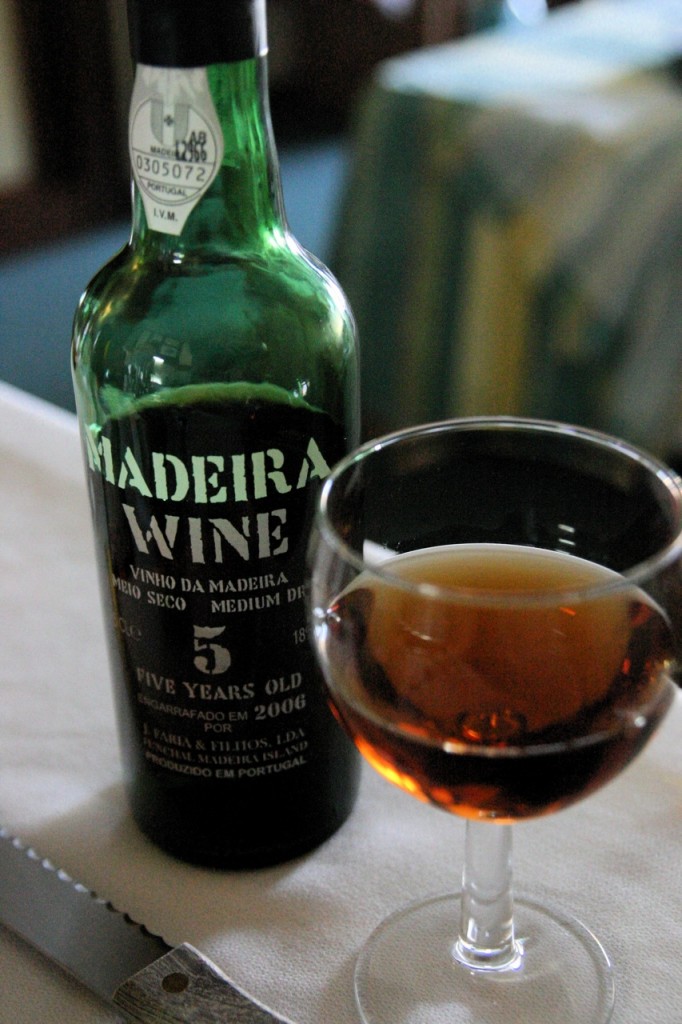Of all Portuguese wines, Madeira wine is distinctive for its durability. Once opened the wine can be drunk up to a year later and will still preserve its original flavour. The reason for this longevity is found in the production of the wine, which involves heating it for a prolonged period at 60 degrees Celsius and deliberately allowing a degree of oxidation.
As with so many great discoveries, the birth of Madeira wine was a happy accident. Throughout the 16th century wine had been carried on the sailing ships that plied the routes from Madeira around the Cape of Good Hope and across to India, China and Japan. Some barrels were traded, others drunk along the way. The story goes that the captain of one vessel about to leave Hong Kong for the journey home had ordered the remaining barrels of wine to be poured into sea, presuming that the wine was spoiled after so many months being tossed and turned in baking tropical temperatures.
One lowly sailor, reluctant to see wine go to waste, took a sip and discovered that the taste of the wine had in fact improved during the course of its journey. Madeira wine was born and for the next two hundred years barrels were deliberately moved back and forth on the long journey to allow the wine to mature. It wasn’t until 1794 that a method was devised for heating the wine in large ovens and keeping it on dry land during its production process.
The British were very fond of Madeira wine – following the marriage of Charles II to Catherine of Bragança, the Portuguese were awarded exclusive rights to sell their wine across the British colonies, mainly at the expense of the French. It was also a popular drink in pre-revolutionary America and when the British intercepted a ship carrying Madeiran wine in Boston harbour, their actions led to rioting in the city’s streets.
Portuguese wines suffered over the 19th and 20th centuries, due to a spate of crippling crop infestations and then a drop in demand after the Russian Revolution and the American period of prohibition. Thankfully Madeiran wine is once again gaining favour, particularly as an aperitif and as a dessert wine, with lower grade wine often sold as cooking wine.
Visit a Madeiran wine lodge today, and you will see many barrels ageing slowly – the more natural the ageing process, the higher the grade of wine. Madeirans still place a high value on home-grown produce and a wander through the Mercado do Lavadores in Funchal offers a pleasant assault on the senses. Food and drink that has been prepared largely using traditional farming methods is on display in all its colourful glory – proof if it were ever needed, that good things come to those who wait.
Photo: By y kawahara (originally posted to Flickr as Madeira Wine) [CC-BY-2.0], via Wikimedia Commons





